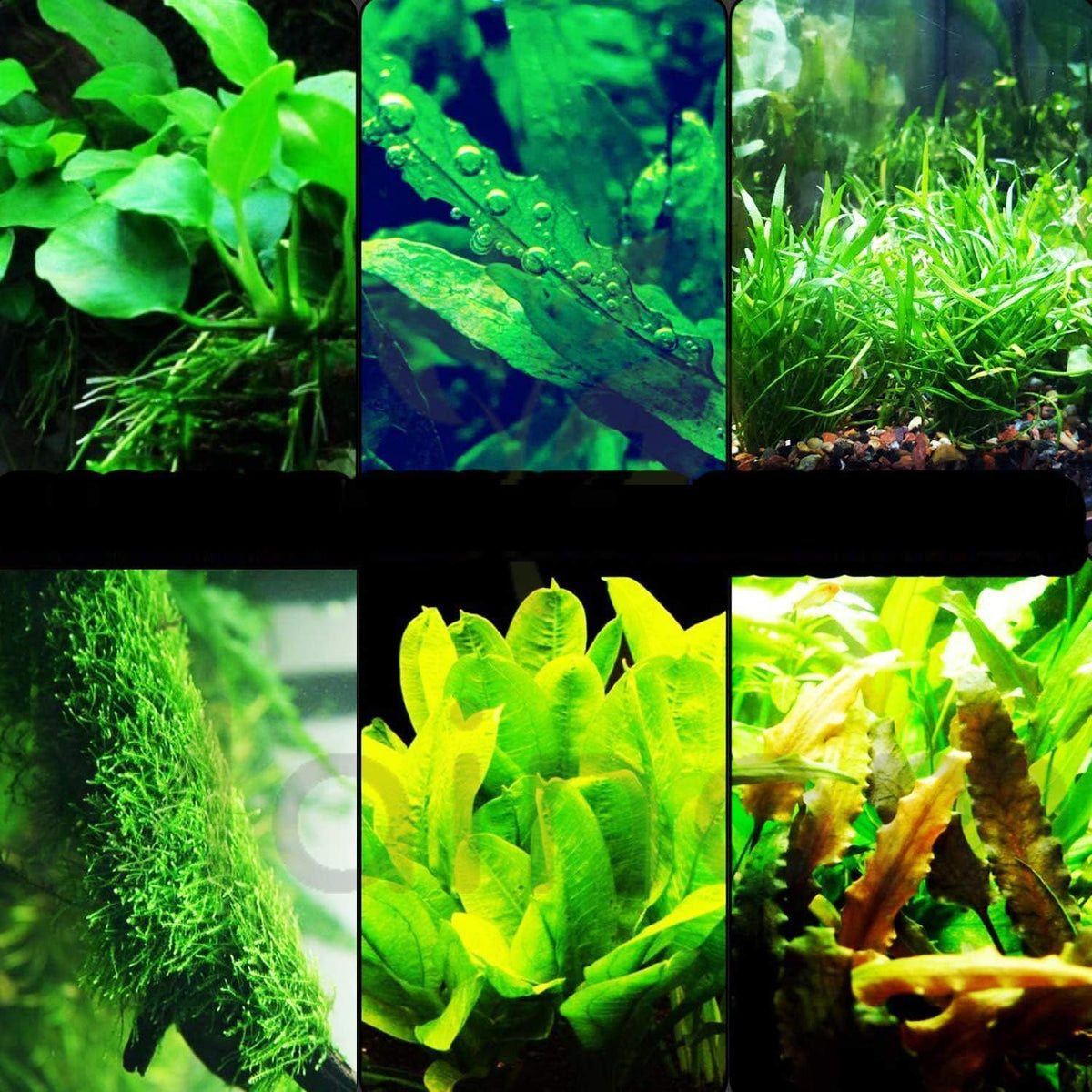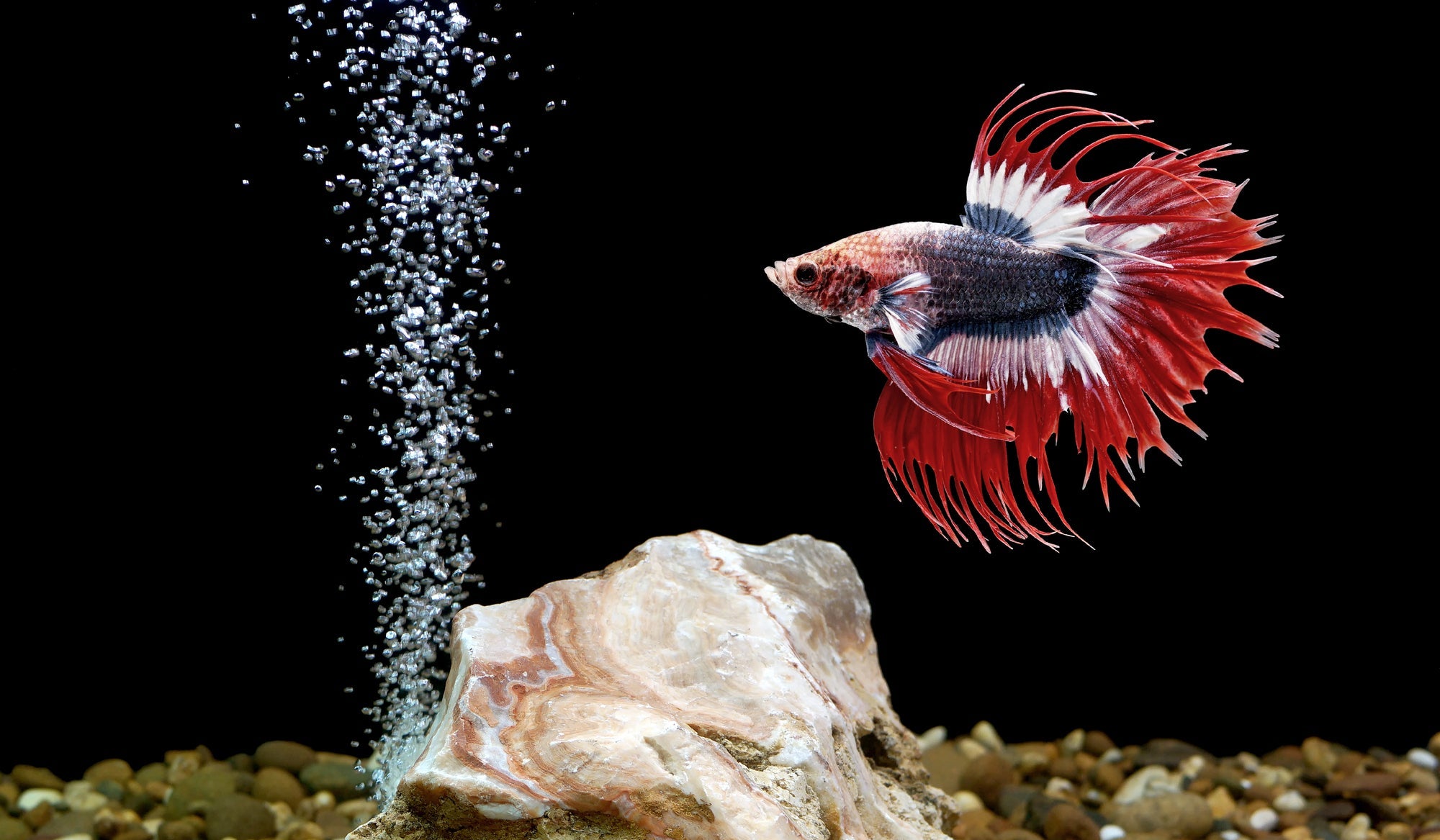Despite their popularity for vivid colors, Betta fish struggle with limited vision in low-light environments. However, they have honed alternative sensory skills to help them navigate and hunt. In this article, we delve into the vision and sensory abilities of Betta fish and examine their adaptations to darkness.
Do bettas have different eye shapes and vision abilities?
Betta fish have eye structures adapted for detecting movement and variations in light intensity. Their peripheral vision is strong, but their binocular vision is limited, making it challenging to focus on objects close up.
Despite this, Betta fish possess the unique ability to move their eyes separately, offering them a complete 360-degree view of their surroundings. Additionally, the tapetum lucidum in their eyes reflects light to increase sensitivity to low light environments.
Yet, their vision remains limited in the dark, and they have to depend on their other senses, like the smell and hearing for navigation and hunting.
The role of iris and lighting
The iris in a Betta fish plays a crucial role in adjusting the amount of light that enters its eye, thereby affecting its vision. Betta fish are able to control the size of their iris, adapting to varying light levels in their environment.
In bright light, the iris will contract to reduce the light entering the eye and protect the retina. In low light, the iris will expand, allowing more light to enter and improving the fish's light sensitivity.
To avoid stress and eye injury, Betta fish habitats must maintain consistent, regulated light levels. While insufficient light might impact a fish's behavior and activity, excessively strong light can be detrimental to its eyes. The ideal aquarium lighting prevents abrupt changes in light intensity and provides a gentle, diffused light.
Can Bettas see in the dark?
Due to their poor night vision, Betta fish have to rely on their other senses to move around and hunt. Betta fish struggle to see properly in low light because of their poor eyesight. This is because their eyes lack significant rods, or light-sensitive cells, which are essential for seeing in poor lighting conditions.
Moreover, Betta fish struggle to see in the dark due to their poor ability to adapt to fluctuations in light conditions. However, Betta fish also have other senses that enable them to move and hunt in badly lit areas, including smell and hearing. Since Betta fish are generally active during the day and are unable to see effectively at night, these senses are very crucial for them.
Conclusion
Betta fish have limited vision in the dark due to their limited number of light-sensitive cells and difficulty adjusting to changes in light levels. However, they have adapted by developing other sensory abilities, such as smell and hearing, to navigate and hunt in low-light conditions.
Understanding the vision and sensory abilities of Betta fish is crucial for providing proper care and ensuring their well-being in captivity. Whether navigating in the dark or basking in the light, Betta fish are unique and fascinating creatures that bring joy to aquarium hobbyists around the world.






0 comments